
PUMPA - SMART LEARNING
எங்கள் ஆசிரியர்களுடன் 1-ஆன்-1 ஆலோசனை நேரத்தைப் பெறுங்கள். டாப்பர் ஆவதற்கு நாங்கள் பயிற்சி அளிப்போம்
Book Free DemoThe poem is set in a scene of train travel. As the poet saw outside his window, he says that the train travelled faster than imaginary characters like fairies (good angels) and witches (evil women).
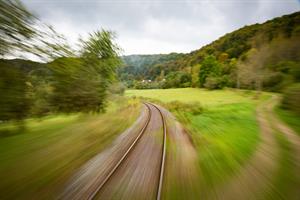
The train was faster than fairies, faster than witches!
He says that the train travelled past many bridges and he was also able to see many houses on the way. There were abundant growth of shrubs and bushes along the way. There were also narrow channels of water along the side of the tracks.
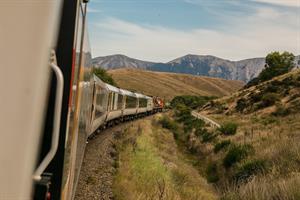
There were hedges on the way!
The train rushed forward as if it were a group of soldiers marching ahead to attack! He saw that there were farms filled with hay to feed the horses and cows. He saw the plains and the hills moving continuously. It all went past him in a flying motion, as it were raindrops that were propelled by fast winds, especially during a storm. The train stations are usually painted bright and colourful to capture one's attention. There are guards in the station, who whistle to mark the passing of a train. Before he could finish a wink of his eye, he saw train stations also pass by - along with it the whistle sounds also passed by.
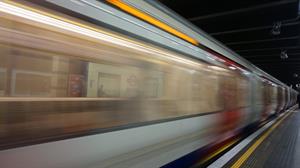
The painted stations whistled by, in a wink of an eye!
Next, the poet saw a child who was trying to climb up trees with great difficulty, using both hands and feet - in an awkward manner.
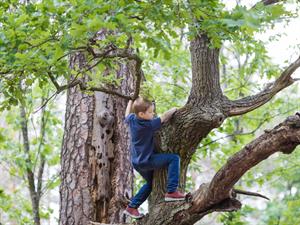
"Here is a child who clambers and scrambles!"
The child was trying to pick all the blackberry fruits from the tree. The brambles have thorns and can be prickly - the child was all alone, scrambling carefully.
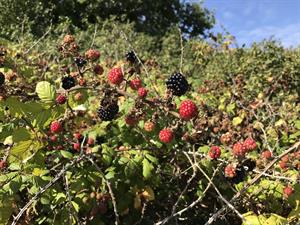
Brambles - a prickly blackberry shrub with thorns!
He gathered blackberries from the tree.

Gathering blackberries!
The poet saw a homeless person who was standing and looking intently at the things happening around him. The poet means we do not have time to stand and look at the things happening around us in the world. But the tramp, a person who travels in search of work and food, has no time restrictions - he spent his time observing the small pleasures around him.
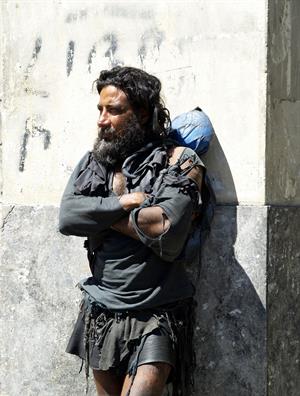
A tramp was gazing intently at the things happening around him!
The poet saw a piece of grassy land, as his train moved along. There were people making garlands of daisy flowers.

Stringing daisies!
Then he saw a cart with full load, moving slowly and heavily on the road.
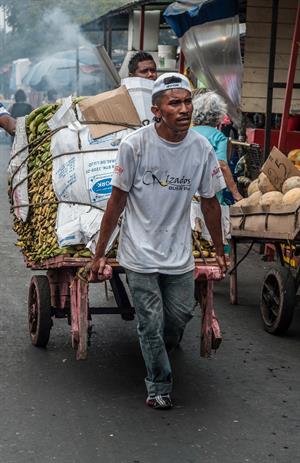
A cart lumping along with load!
Finally, he also saw a mill and a river along the tracks of the train.
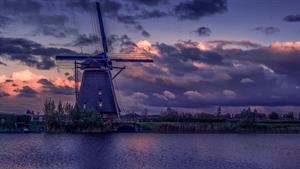
"And here is a mill and there is a river"!
The poet saw all these visuals just for a moment. He could only take a short glance at it, as the train was speeding away. He could see it once, and it was gone forever - meaning he cannot return to see it again, as the train had passed and moved along on its way.
Reference:
State Council of Educational Research and Training (2019). Term-2 English Standard-6. From a Railway Carriage - R.L. Stevenson (pp. 128-131). Published by the Tamil Nadu Textbook and Educational Services Corporation.